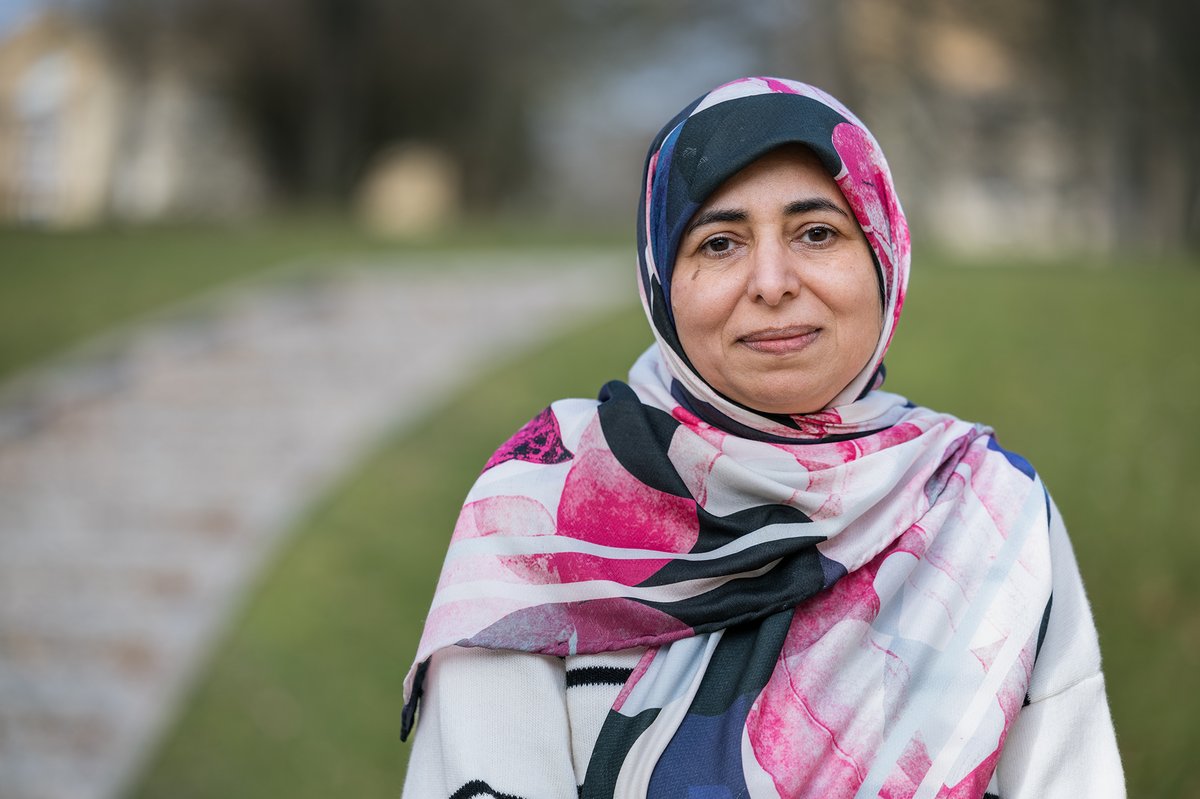
Assistant Professor of Islamic Political Thought, University of Guilan, Iran.
During her AIAS fellowship, Masoumeh Rad Goudarzi will be working on the project “Shi’a Reformist Jurists and the Challenge of Women’s Rights in Islam: Presenting an Egalitarian Reading of Religion”
One of the subtle but most pervasive areas of discrimination against women in Islamic jurisprudence is the inequality within the family context relating to issues such as the age of marriage, capacity to enter marriage, financial affairs, divorce, custody, and guardianship. The pre-understanding of the jurists, based on the existence of only one kind of natural family system and, consequently, the special rights for women and men in this system, has led to the issuance of special provisions for the family. In traditional jurisprudence, women have fewer rights than men in many cases. The traditional jurists regard women as lacking eligibility for major political management, judgment, and leadership. Blood money for women is half the man’s. In this view, the woman is a second grade and has only half the man’s economic value.
In the past two decades a group of prominent jurists, gradually identified as reformist jurists adopted a more rational approach to interpret legal sources and Islamic texts, a way to open new readings from Islamic sources. The criticisms made against the traditionalist jurists’ provisions in women’s rights made it a fundamental pivotal point in the jurisprudential inquiry of reformist jurists. The result of these inquiries is a fundamental review of the epistemological, theological, and jurisprudential principles of jurisprudence in relation to the individual, family, judicial, and socio-political rights of women. What the Shi’a reformist Jurists sought to do was a fundamental revision of the attitude toward women and the adoption of the principle of non-discrimination between men and women.
In aim of the project: “Shi’a Reformist Jurists and the Challenge of Women’s Rights in Islam: Presenting an Egalitarian Reading of Religion” is to identify and introduce how the reformist jurists have imposed these revolutionary changes in traditional jurisprudence. The project will specially concentrate on a set of questions: What are the most important governing and determining principles in the jurisprudential methods of reformists that enable them to reinterpret religious texts for the benefit of women’s rights? How have these new principles of jurisprudence in working together led to the evolution of jurisprudential foundations in women’s rights? What are the major changes in the attitudes of the reformist jurists toward the epistemological and theological foundations of women’s rights compared to traditionalists?
I am an Assistant Professor of Political Science, at the Department of Political Science, Faculty of Humanities, University of Guilan, Iran. My research interests are in the intersection of religion and politics: Islamic political thought, Islamic political theology, and Shi’a political jurisprudence. I particularly work on the new methods in the study of Islam in Shi’a jurisprudence, with an emphasize on Shi’a reformists jurists and the Subject of human rights.
Project title: Shi’a Reformist Jurists and the Challenge of Women’s Rights in Islam: Presenting an Egalitarian Reading of Religion
Area of research: Islamic Political Thoughts and Islamic Feminism
Fellowship period:1 March 2024 - 31 July 2026
Fellowship type: AIAS Fellow
Contact:
m.rad@aias.au.dk

This fellowship has received funding from The Aarhus University Research Foundation (AUFF)